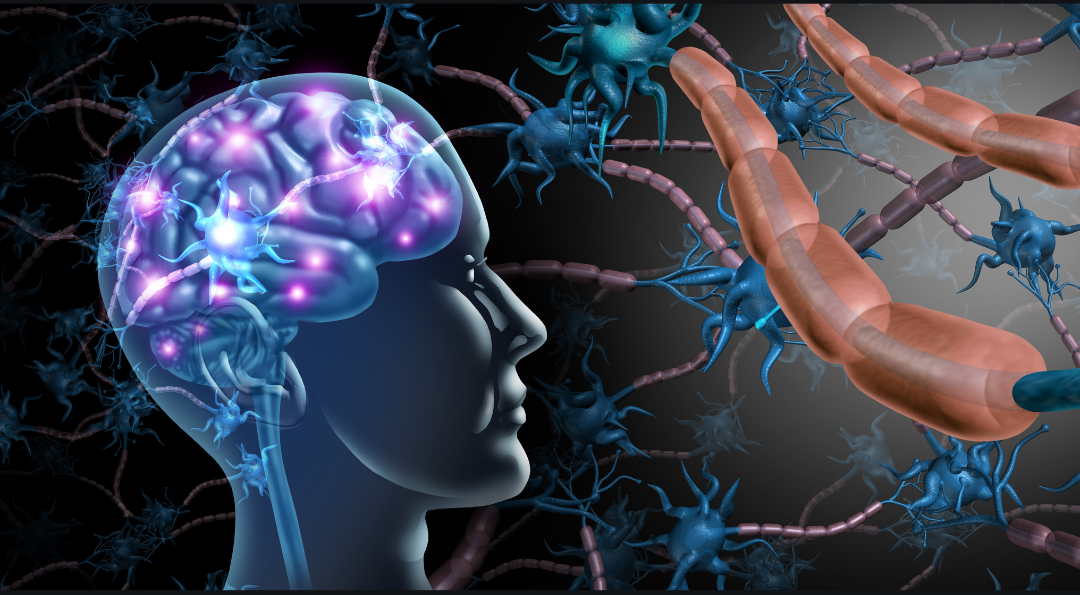"I just want my brain to stop."
This is what Sarah told me in our first session, three months after discovering her husband's affair. She was exhausted from the intrusive thoughts, the middle-of-the-night panic attacks, and the way her nervous system seemed to be running a constant threat-detection scan.
"I've been in therapy for months," she continued. "I understand what happened. I can talk about it. But I still feel like I'm living in the trauma every single day. Will my brain ever feel normal again?"
If Sarah's words resonate with you, you're not alone. And more importantly, there's hope.
When Understanding Isn't Enough
Traditional talk therapy is incredibly valuable for betrayal recovery. It helps you process emotions, understand patterns, and develop coping strategies. But sometimes, especially with trauma, talking about what happened isn't enough to help your brain actually heal from what happened.
Here's why: When you experience betrayal trauma, your brain's natural information processing system can get overwhelmed and disrupted. Instead of being properly filed away as a completed memory, the traumatic experience gets stuck in your nervous system in its raw, unprocessed form.
This is why you might:
- Have vivid flashbacks to the moment of discovery
- Feel your heart race when your partner's phone buzzes
- Experience waves of panic that seem to come from nowhere
- Notice your body physically reacting to reminders of the betrayal
- Feel like the trauma is happening right now, even months or years late
Your brain isn't broken. Your information processing system is just stuck.
Enter EMDR: Working With Your Brain's Natural Healing Capacity
EMDR helps restart your brain's natural healing process through bilateral stimulation (usually guided eye movements). This isn't about erasing memories or forcing you to "get over it." It's about helping your brain complete the processing that trauma interrupted.
What Betrayal Trauma Looks Like in Your Brain
When I work with betrayed partners, I often see similar patterns of how the trauma gets "stuck":
The Discovery Memory:
That moment when you found the texts, emails, or heard the confession often gets stored as a fragment—complete with the shock, disbelief, and physical sensations from that moment.
Negative Core Beliefs: Messages like "I'm not enough," "I can't trust my instincts," or "I'm destined for pain" become deeply embedded in your nervous system.
Hypervigilance Patterns: Your threat-detection system goes into overdrive, constantly scanning for signs of danger or deception.
Somatic Memories: The trauma gets stored in your body as tension, nausea, insomnia, or other physical symptoms.
Intrusive Images: Your mind may create vivid pictures of the betrayal—even of things you never actually saw.
Each of these represents information that your brain couldn't fully process in the moment of trauma. EMDR helps your nervous system "digest" these stuck pieces so they can be integrated into your broader life story in a healthier way.
How EMDR Helps Betrayed Partners Heal
Reclaiming Your Power:
As the trauma loses its grip, you often find clearer thinking about your situation, your options, and your future.
Reducing Physical Symptoms: Many clients notice improvements in sleep, appetite, and physical tension as their nervous system regulation improves.
"But I Don't Want to Forget What Happened"
This is one of the most common concerns I hear, and it makes complete sense. Many betrayed partners worry that healing means forgetting, minimizing, or "getting over" the betrayal too quickly.
EMDR doesn't erase memories—it changes how they affect you.
After successful EMDR processing, you'll still remember what happened. But instead of those memories feeling like they're happening right now, they'll feel like what they actually are: something painful that happened in the past. The emotional charge decreases, the intrusive thoughts quiet down, and your nervous system can finally rest.
You're not betraying yourself by healing. You're reclaiming your life.
The EMDR Process: What to Expect
EMDR follows a structured eight-phase process, but don't worry—we always start slowly and build your resources first:
Preparation Phase:
Before we process any trauma, we'll make sure you have solid grounding skills and emotional regulation tools. You'll never be asked to dive into painful material without adequate support.
Assessment:
We'll identify specific memories or triggers to work on, along with the beliefs and emotions connected to them.
Processing:
Using bilateral stimulation (usually eye movements), we'll help your brain reprocess the stuck material. You might notice emotions shifting, insights emerging, or physical sensations changing.
Integration:
We'll strengthen positive beliefs and ensure the processing feels complete in your body.
Throughout this process, you remain in control. EMDR isn't something done
to you—it's a collaborative process that works
with your brain's natural healing capacity.
When EMDR Might Be Right for You
Real Healing Is Possible
Six months after Sarah started EMDR, she called to update me on her progress. "I still remember everything that happened," she said. "But it doesn't control my life anymore. I can think about the future without panic. I can sleep through the night. And for the first time since discovery, I feel like myself again."
That's what EMDR can offer: not erasure of your experience, but freedom from its grip on your daily life.
Your brain already knows how to heal. Sometimes it just needs the right conditions to complete the process that trauma interrupted.
Betrayal trauma doesn't have to define your life forever. The intrusive thoughts don't have to be permanent. The hypervigilance can settle. Your nervous system can remember safety.
Healing is possible. And it might happen faster than you think.
Ready to reclaim your peace? If you're a betrayed partner struggling with trauma symptoms that feel stuck, EMDR might be the breakthrough you've been looking for.
Schedule a consultation
to learn how EMDR can help you move from emotional survival to empowered healing. You don't have to carry this pain indefinitely.
Schedule Your Consultation Today
HERE
Call (770) 744-5055 or visit
CapstoneAtlanta.com















